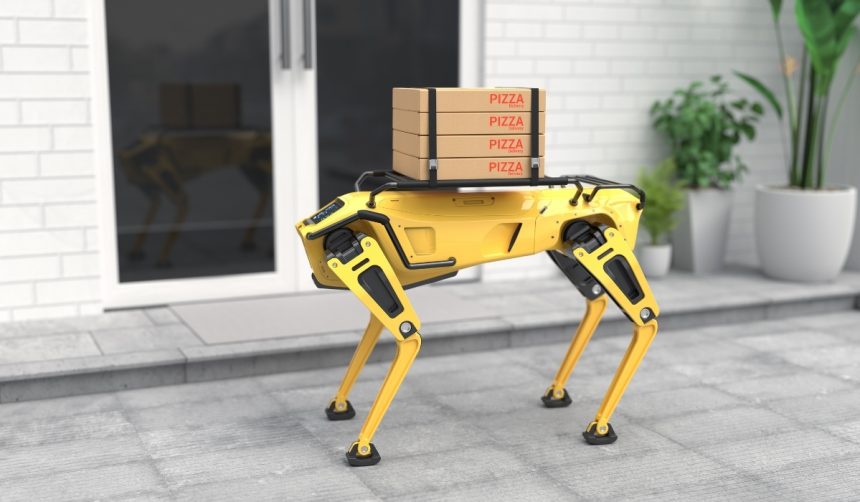Nuro Inc., a company based in Mountain View, California, has announced a significant shift in its business strategy. The company will now license its advanced AI-based autonomy platform, Nuro Driver, to automotive OEMs and mobility providers. This move aims to broaden the application of Nuro’s technology beyond goods delivery to include self-driving passenger vehicles. With this expansion, Nuro hopes to capitalize on its eight years of experience in deploying autonomous vehicle technology.
Nuro has been a key player in autonomous goods delivery since its inception in 2016. The company’s initial focus was on small, pod-like vehicles designed exclusively for food delivery. Over the years, Nuro has partnered with several companies, including Domino’s, Walmart, FedEx, 7-Eleven, Kroger, and Uber, to provide autonomous delivery services. However, the company faced challenges, including laying off 20% of its staff in 2022. Despite these hurdles, Nuro has continued to refine its technology, culminating in the decision to expand its offerings.
Fourth-Generation Driver Platform Enables Scale
Nuro has introduced its fourth-generation Nuro Driver hardware, which includes advanced features like solid-state lidar and NVIDIA Thor compute architecture. These innovations aim to improve scalability, reduce costs, and enhance the reliability and robustness of Nuro’s sensing technology. According to Nuro’s Chief Technology Officer, Andrew Clare, the new hardware is a departure from what users might be accustomed to seeing on traditional delivery vehicles.
Why Expand to Passenger Vehicles Now?
Nuro’s decision to expand into passenger vehicles is driven by its belief in the potential of its L4 autonomy technology. Clare emphasized that Nuro remains a commercially independent company, which could make it a more attractive partner for OEMs and mobility providers. The company has been actively engaging in conversations with various OEMs interested in integrating Nuro’s technology into their personally owned vehicles and mobility platforms.
The collaboration with OEMs is seen as crucial for scaling Nuro’s technology. Clare noted that regulatory environments for true L4 autonomy will be similar for both mobility-owned robotaxis and consumer vehicles. He also highlighted the importance of driver-monitoring systems for L2 and L3 applications. Nuro aims to leverage its partnerships with OEMs to navigate these regulatory challenges effectively.
OEM Partnerships Key for Scale, Says Nuro
Nuro’s long-term vision has always included expanding beyond goods delivery. The company believes that the right external conditions, such as consumer demand and OEM investment in L4-capable vehicles, are now in place to support this expansion. Clare mentioned that Nuro is excited about its ongoing discussions with both OEMs and mobility providers. While no specific timelines have been announced, Clare suggested that the integration of Nuro’s technology into consumer vehicles could happen sooner than expected.
The strategic move to license Nuro Driver and its AI platform reflects the company’s commitment to scaling its autonomous technology across the transportation industry. By collaborating with OEMs and mobility providers, Nuro aims to make its advanced autonomy capabilities widely accessible, potentially transforming both goods delivery and passenger transportation sectors.










